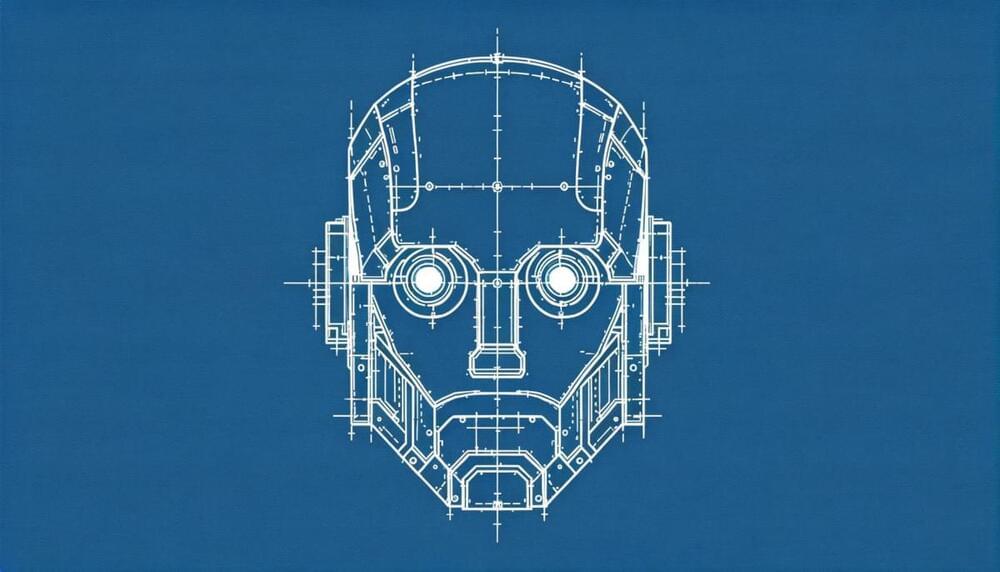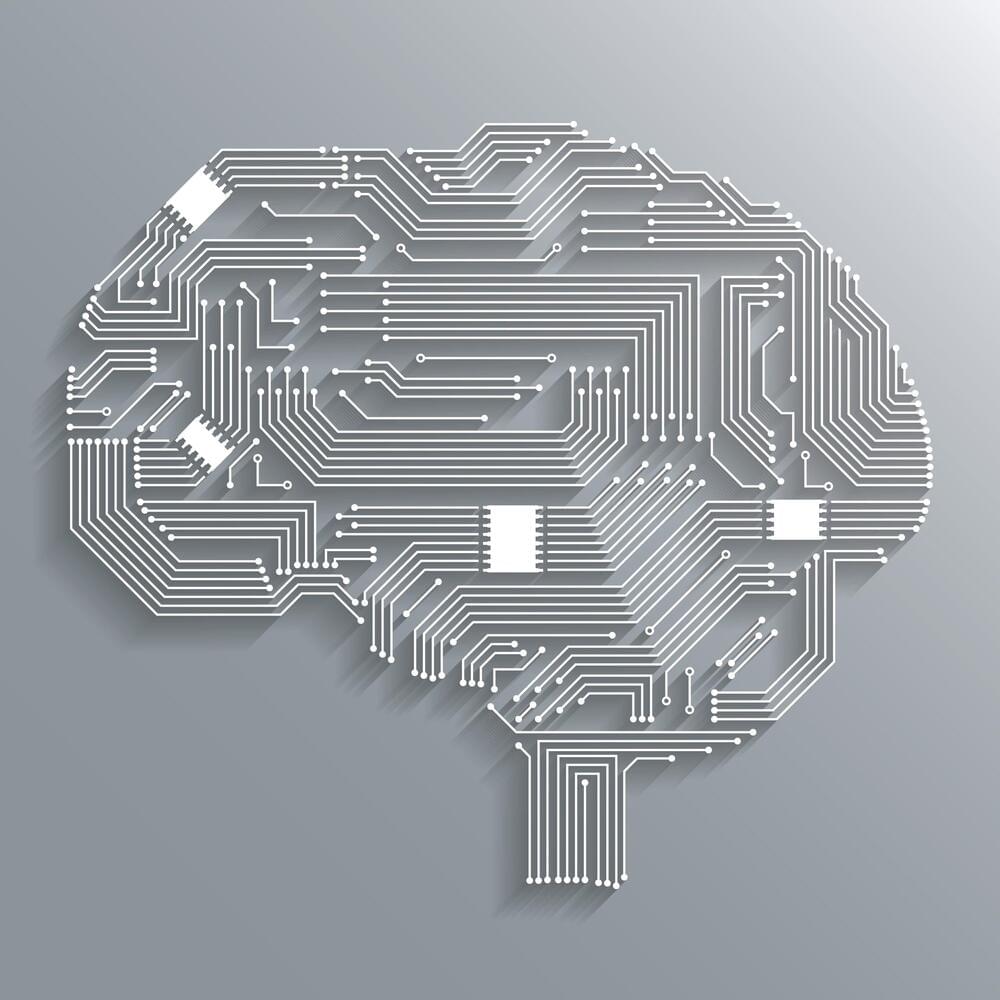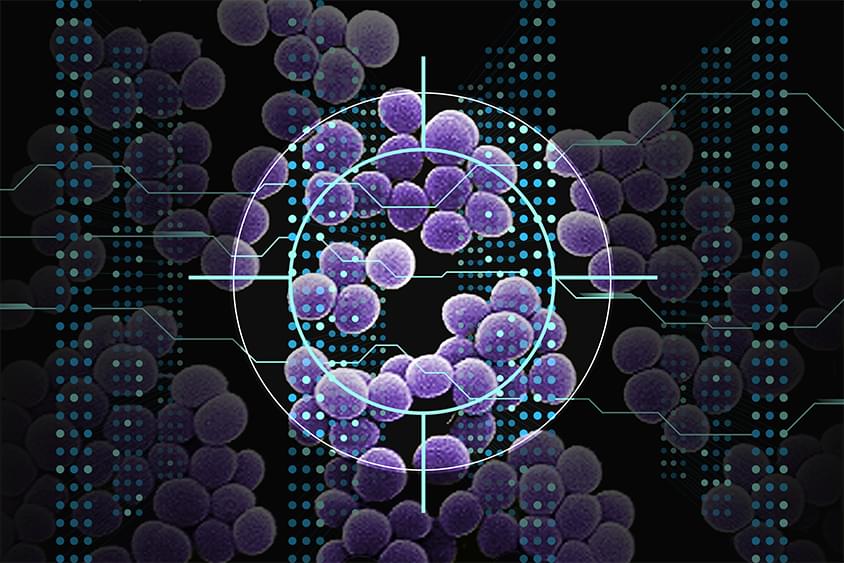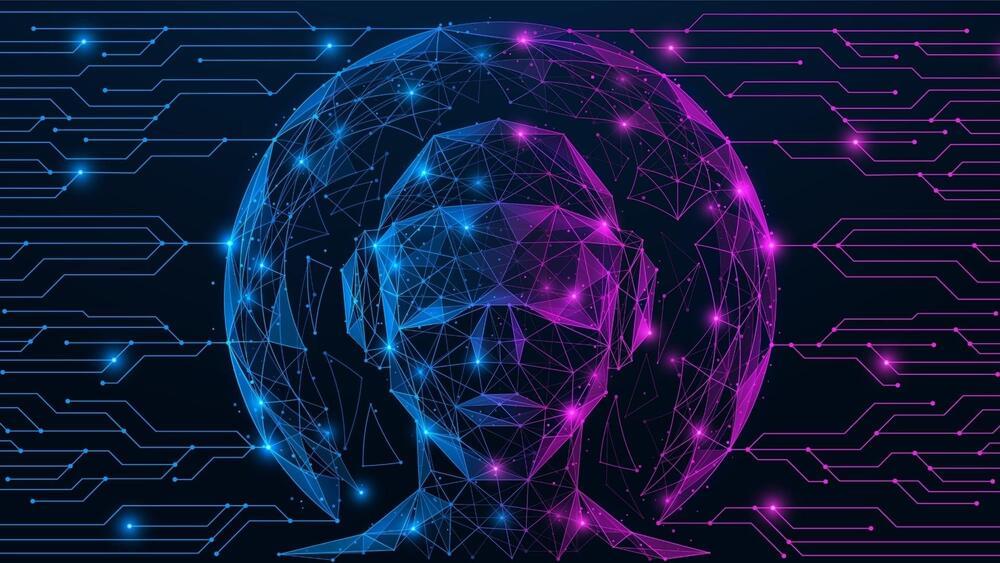Surveys from business leaders show that they are now doing mass layoffs due to adoption of AI.
A recent survey of 750 business leaders reveals a growing trend: AI replacing jobs. In 2023, 37% of these leaders acknowledged AI-induced layoffs, with 44% expecting more in 2024. Major companies like Paytm and Google are at the forefront, integrating AI to enhance efficiency but at the cost of human jobs. Paytm’s recent layoffs post AI implementation and Google’s potential restructuring of its ad sales unit due to AI advancements highlight this shift.\
\
#ai #job #layoffs \
\
About Channel: \
\
WION The World is One News examines global issues with in-depth analysis. We provide much more than the news of the day. Our aim is to empower people to explore their world. With our Global headquarters in New Delhi, we bring you news on the hour, by the hour. We deliver information that is not biased. We are journalists who are neutral to the core and non-partisan when it comes to world politics. People are tired of biased reportage and we stand for a globalized united world. So for us, the World is truly One.\
\
Please keep discussions on this channel clean and respectful and refrain from using racist or sexist slurs and personal insults.\
\
Check out our website: http://www.wionews.com\
Join our WhatsApp Channel: https://bit.ly/455YOQ0\
Connect with us on our social media handles:\
Facebook: / wionews \
Twitter: / wionews \
\
Follow us on Google News for the latest updates\
\
Zee News:- https://bit.ly/2Ac5G60\
Zee Business:- https://bit.ly/36vI2xa\
DNA India:- https://bit.ly/2ZDuLRY\
WION: https://bit.ly/3gnDb5J\
Zee News Apps: https://bit.ly/ZeeNewsApps





